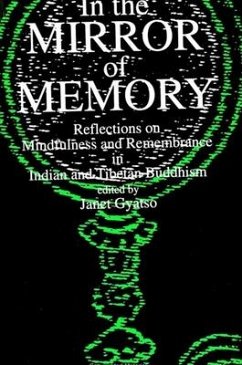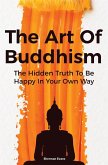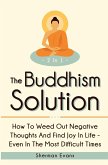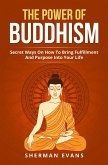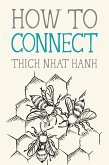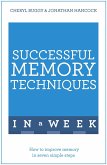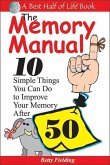This book studies the diverse array of species of memory in Buddhism. Contributors focus on a particular school, group of texts, terms, or practices and identify a considerable range of types of mnemonic faculties in Buddhism. Included are discussions of Buddhist teaching, meditation, visualization, prayer, commemoration of the Buddha, dhārani practice, the use of mnemonic lists to condense lengthy scriptures, and the purported recollection of infinite previous lives that immediately preceded Sakyamuni's attainment of Buddhahood. Even enlightened awareness itself is said by some Buddhist schools to consist in a "mnemic engagement" with reality as such. The authors explore Buddhist views on mundane acts of memory such as recognizing, reminding, memorizing, and storing data as well as special types of memory that are cultivated in religious practice.One of the most striking discoveries is that perception is intimately related to certain types of memory. Several essays investigate if, and if so, how, meditative mindfulness and recollection of the past-both of which can be designated by the term smrti-are connected within the Buddhist tradition. The question of whether recollection of the past can be explained without violating the foundational Buddhist notions of radical impermanence and no-self is addressed by several of the contributing scholars. Among the primary sources for the studies in this volume are the northern and southern Abhidharma literature, the Mtks, Pli and Mahyna stras, works of the Buddhist logicians, Yogācāra materials, the Tibetan Great Perfection (Rdzogschen) tradition, and Indian and Tibetan commentarial works. Affinities of Buddhist views on memory with those found in Western phenomenology, semiology, psychology, and history of religions are considered as well.
Bitte wählen Sie Ihr Anliegen aus.
Rechnungen
Retourenschein anfordern
Bestellstatus
Storno

